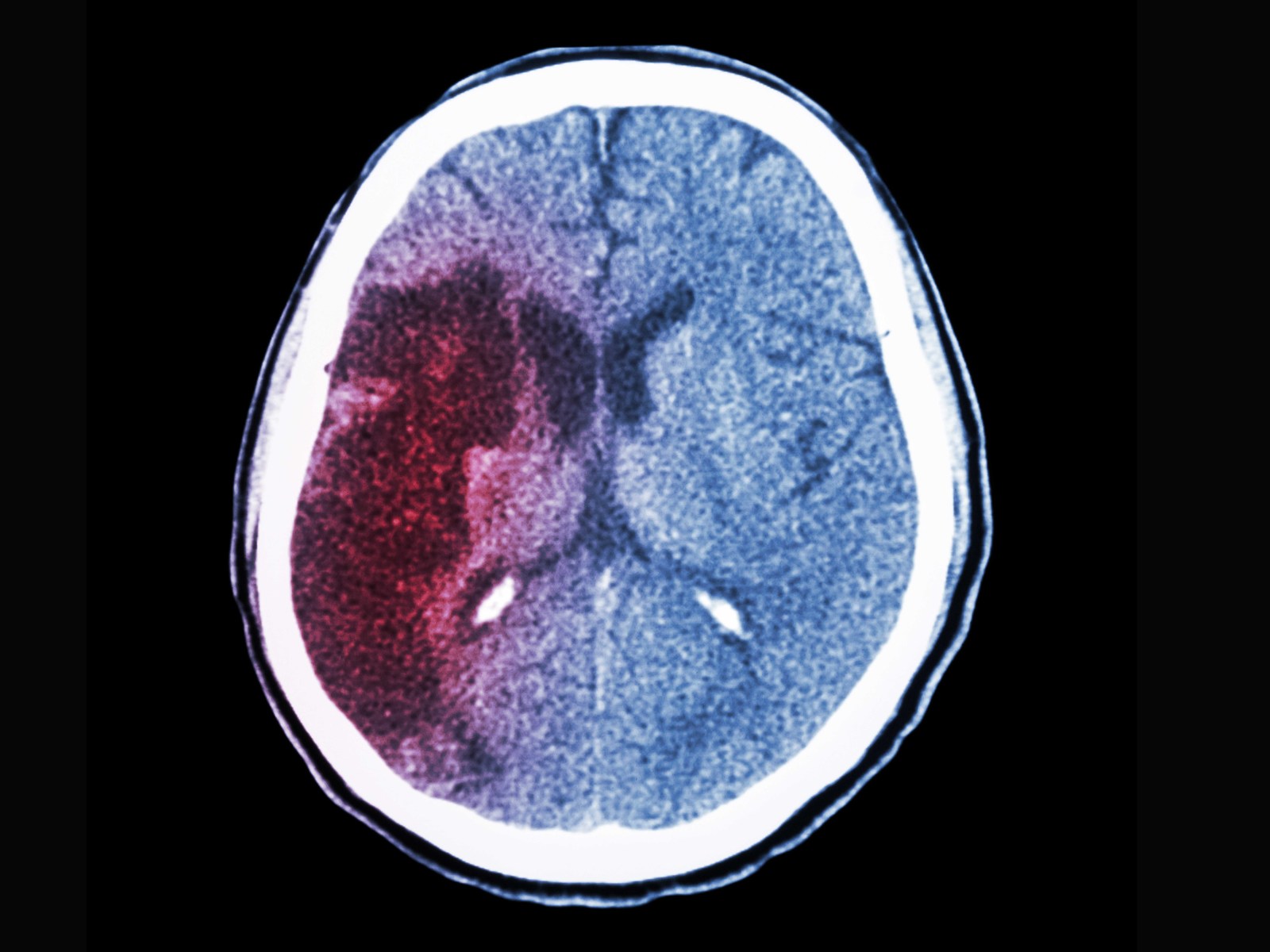 A new study has found that people with periodontal disease are more likely to have an ischaemic stroke than those without it.
A new study has found that people with periodontal disease are more likely to have an ischaemic stroke than those without it.
The research, presented at the American Stroke Association’s International Stroke Conference 2017, found that patients who were classified as having mild, moderate, or severe periodontal disease were generally twice as likely to have an ischaemic stroke, compared to those who did not have periodontal disease.
Obstruction
Ischaemic strokes occur as a result of an obstruction within a blood vessel supplying blood to the brain. With periodontal disease being an established risk factor for cardiovascular disease, the researchers wanted to investigate the connection between periodontal disease and ischaemic stroke.
For the study, 6,711 adults with no history of stroke were assessed for periodontal disease during the Atherosclerosis Risk in Communities Study (ARIC) between 1996 and 1999.
The participants had a mean age of 62.3 years, and women comprised 55% of the study group. All subjects had full-mouth periodontal measurements taken from six sites per tooth; they were then classified into seven periodontal profile classes.
Over a 15-year period after periodontal assessment, 299 ischaemic strokes were reported in the study participants. The strokes were divided into three subtypes:
- Thrombotic (clot in the brain’s vessels): 47%
- Cardioembolic (clot in the heart): 26%
- Lacunar (clot in the brain’s arteries): 20%
Ischaemic stroke incident
Led by Souvik Sen, professor and chair of neurology at the University of South Carolina School of Medicine, the research group commented: ‘A graded association was noted between incident ischaemic stroke and increasing levels of periodontal profile class.’
After adjustment for a variety of factors, including age, race, gender, body mass index, diabetes, and smoking, the researchers found that:
- Patients with mild periodontal disease were 1.9 times more likely to have an ischaemic stroke
- Patients with moderate periodontal disease were 2.1 times more likely to have an ischaemic stroke
- Patients with severe periodontal disease were 2.2 times more likely to have an ischaemic stroke.
The association between increasing levels of gum disease and ischaemic stroke was strongest in the cardioembolic and thrombotic subtypes, the group concluded.


